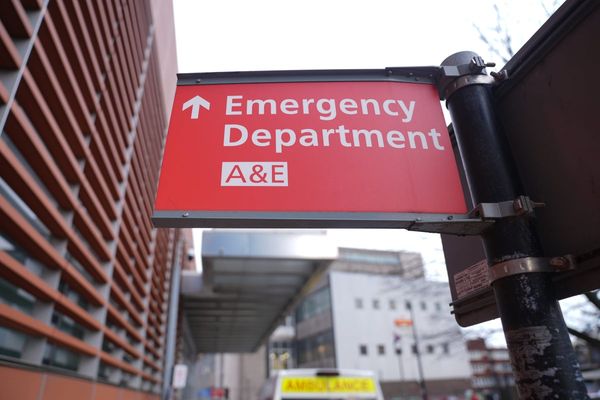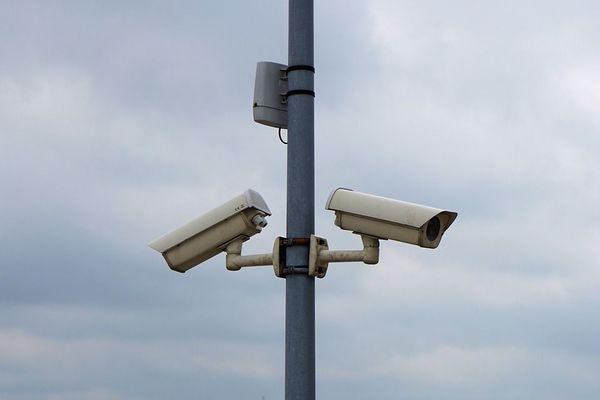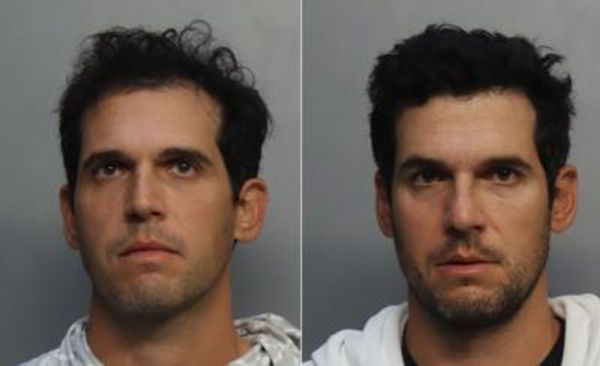
Gore Vidal once claimed — he was about the only person who could credibly insist it was true — to have spotted Henry Kissinger in the Sistine Chapel, closely examining The Last Judgment. “Kissinger”, Vidal quipped, “apartment-shopping for the afterlife”.
That would have been in the 1970s or 1980s, and Kissinger lasted many more decades before, finally, dying at 100 this week. In doing so he became an icon to multiple generations of US politicians, right-wingers and neo-colonialists, who lionised him for his anti-communism and profound indifference to morality and downplayed or dismissed his extensive crimes against humanity.
But which Kissinger should we mourn? The one that pandered to Richard Nixon’s extraordinary anti-Semitism, even telling the president it didn’t matter if the Soviets began gassing Jews? (Kissinger was a refugee himself.) The one who extensively advised Vladimir Putin? The one appointed by George W. Bush to lead the 9/11 commission, before quitting because he would have had to reveal the clients of his lucrative consultancy firm which might have created a conflict of interest for him? The Kissinger who endorsed the Chinese regime’s horrific Tiananmen Square massacre in 1989, which cost 10,000 lives?
None of those, of course: it is not for Kissinger’s words that we need to condemn him, but his actions — actions that were truly monstrous. The secret four-year carpet bombing campaign in Cambodia from 1969 to 1973, personally devised and planned by Kissinger as Nixon’s national security adviser, in which it’s estimated half a million tonnes of bombs were dropped on the country, cost hundreds of thousands of Cambodian lives and arguably paved the way for the atrocities of Pol Pot.
“War criminal” doesn’t do Kissinger justice. He was a mass murderer on an industrial scale.
Kissinger was also the architect of US efforts to overthrow the elected Chilean government of Salvador Allende in 1973 because he was terrified of the “model effect” of Allende’s socialist government. Kissinger ignored advice from his own National Security Council about the likely consequences and morality of undermining the Allende government. In the immediate wake of the coup that led to Allende’s death, over 2000 “leftists” were murdered and 30,000 kidnapped and tortured. Under the regime of Augusto Pinochet that ensued, another 1,000 Chileans were murdered or “disappeared”, as part of a toll of over 40,000 people killed, jailed, tortured or detained.
Later, as secretary of state, Kissinger mocked his own department’s focus on Pinochet’s human rights abuses, and told Pinochet “In the United States, as you know, we are sympathetic with what you are trying to do here. We want to help, not undermine you. You did a great service to the West in overthrowing Allende.”
Kissinger and then-president Gerald Ford also gave Indonesian dictator Suharto approval to invade then-East Timor in 1975, telling him to make sure it was finalised quickly. The eventual death toll from the invasion and occupation: 18-19,000 killings and over 80,000 deaths from malnutrition and illness. Kissinger also played an important role in US actions in supporting murderous regimes in Argentina and Bangladesh.
Declassified documents reveal an interesting observation by Kissinger when Nixon complained about media criticism of the US role in Chile: “In the Eisenhower period, we would be heroes.” He was correct. Under Eisenhower, the United States routinely backed coup attempts — most disastrously, the removal of Mohammad Mosaddegh in Iran, in cooperation with the British, which continues to have ramifications to this day. There was also the 1954 coup in Guatemala at the behest of the United Fruit Company (employer of the Dulles brothers, secretary of state and CIA head for Eisenhower), along with attempted coups in Indonesia, Syria and Iraq.
But it wasn’t just Eisenhower: the first Guatemala coup was authorised by Harry Truman in 1952. Truman’s presidency marked a substantial shift from Franklin Roosevelt’s anti-imperialism — marked, to the unhappiness of his State Department, by a “Good Neighbour” policy in Latin America and support, or at least non-hostility, to nationalist movements in Southeast Asia — to a policy dictated by hostility towards the Soviet Union, in which Cold War imperatives trumped human rights or national self-determination. Kennedy had the Bay of Pigs, multiple attempts to murder Fidel Castro and backed the coup that led to the murder of South Vietnamese leader Ngo Dinh Diem — the first of a long succession of coups there, while LBJ ramped up Kennedy’s intervention in Vietnam to catastrophic heights.
Since Truman, US foreign policy has been bathed in the blood of millions of victims of its coups and interventions. What was different about Kissinger was that the secrecy and media silence of the 1950s had given way, via Vietnam, to relentless scrutiny and scepticism from the media — particularly as the Nixon administration came to be a byword for paranoia and lies. Not that Kissinger was averse to media coverage — he cultivated a playboy image by squiring a succession of actresses even as he orchestrated mass murders, dating celebrities as assiduously as he cultivated the image of the realist foreign policy genius, the new Metternich (on whom he’d written his PhD thesis), the elder statesman to whom every US presidential candidate and president would pay obeisance.
But the death toll doesn’t lie. Kissinger was a murderer on a historical level, who incinerated hundreds of thousands with bombs, and set in motion other monsters to slaughter their own populations. Let’s hope Vidal is right and he burns in damnation right now.







